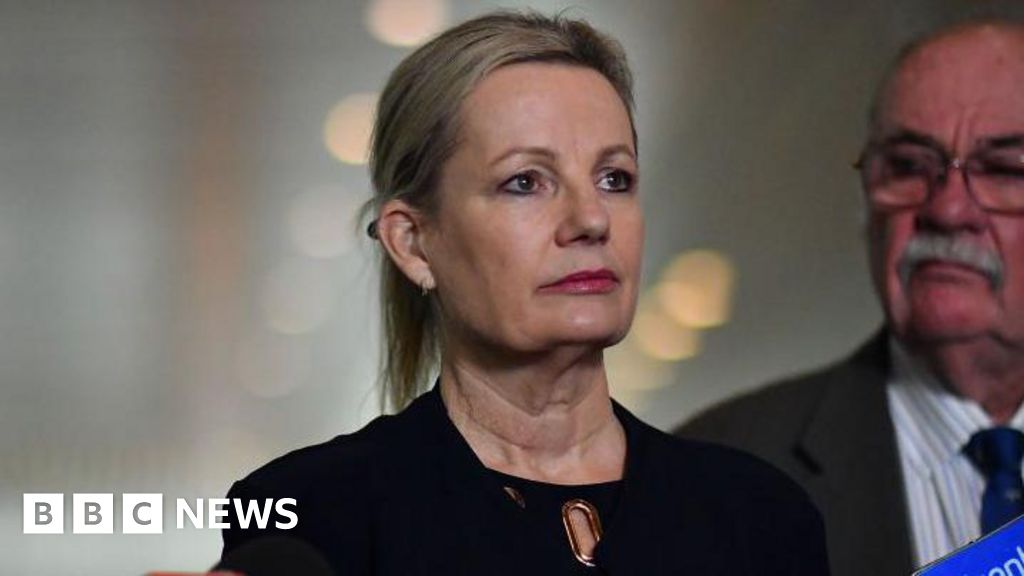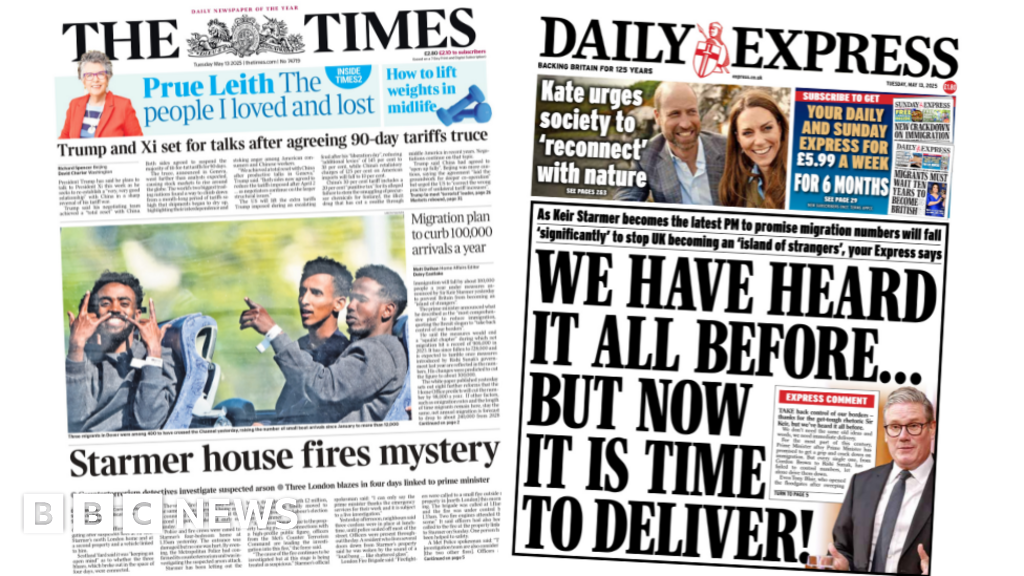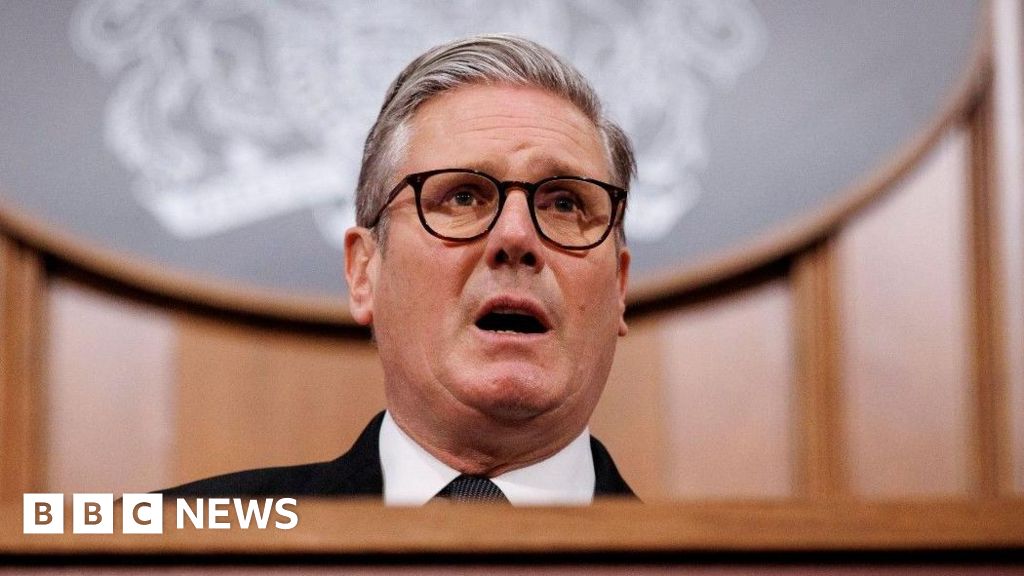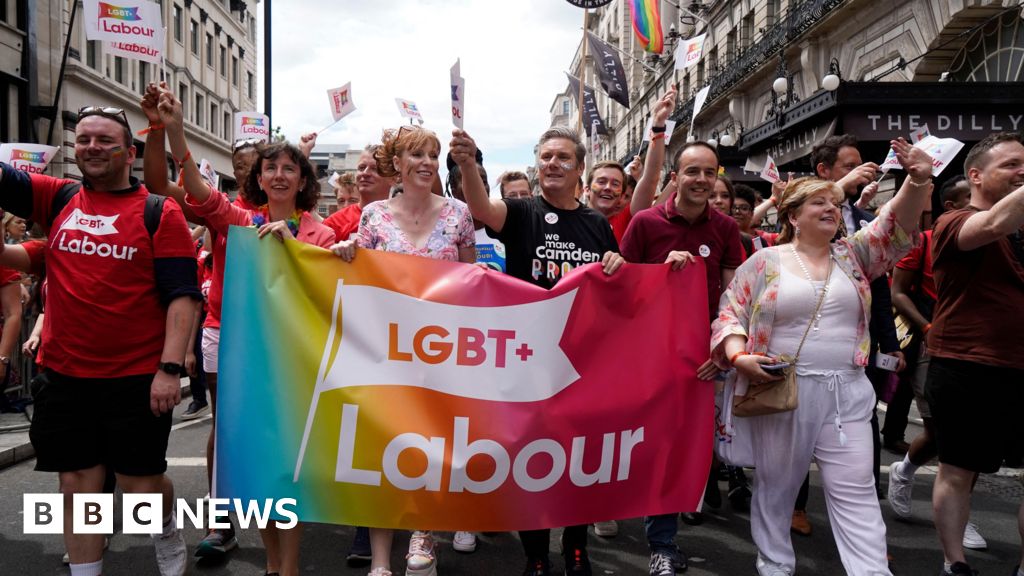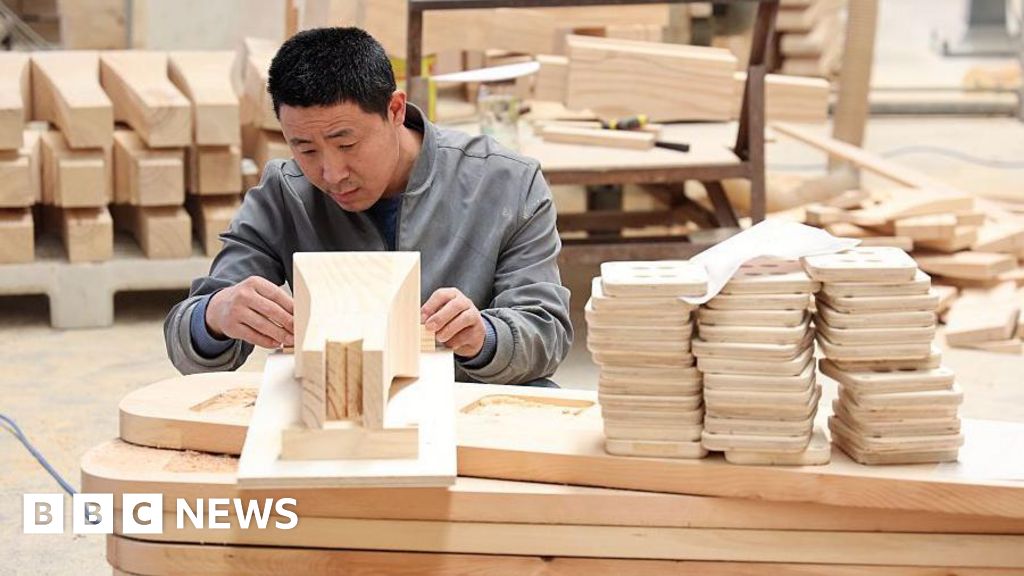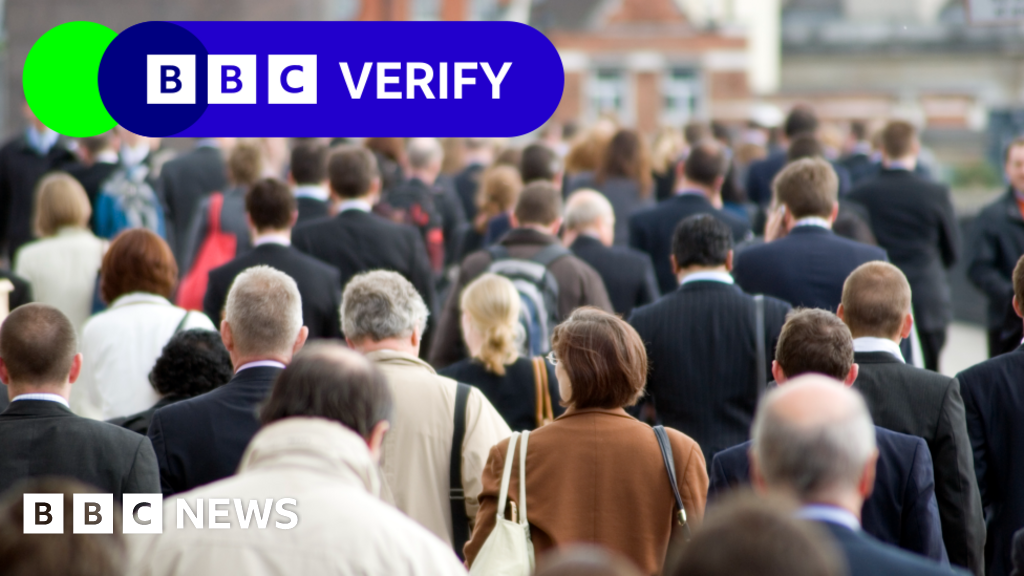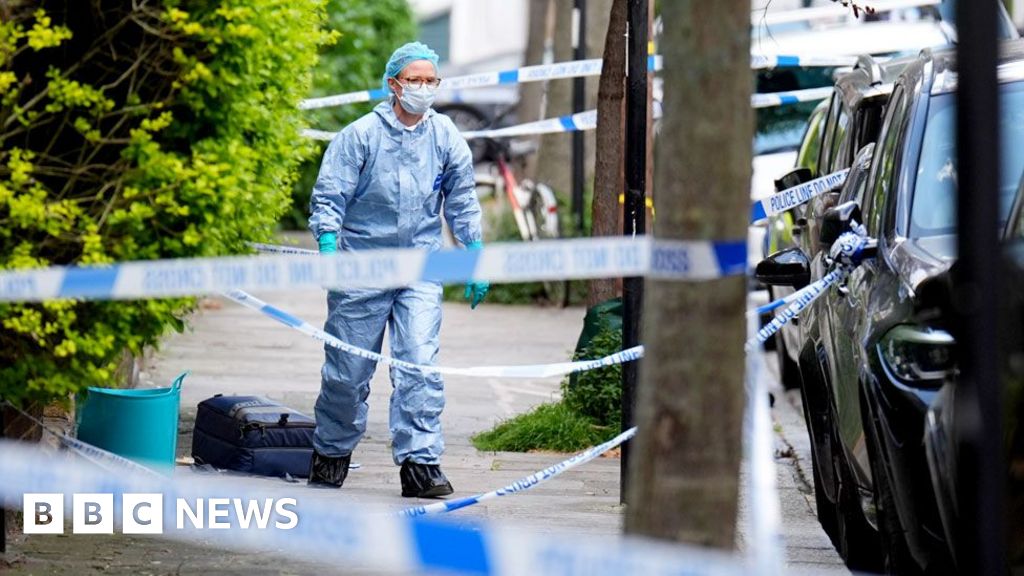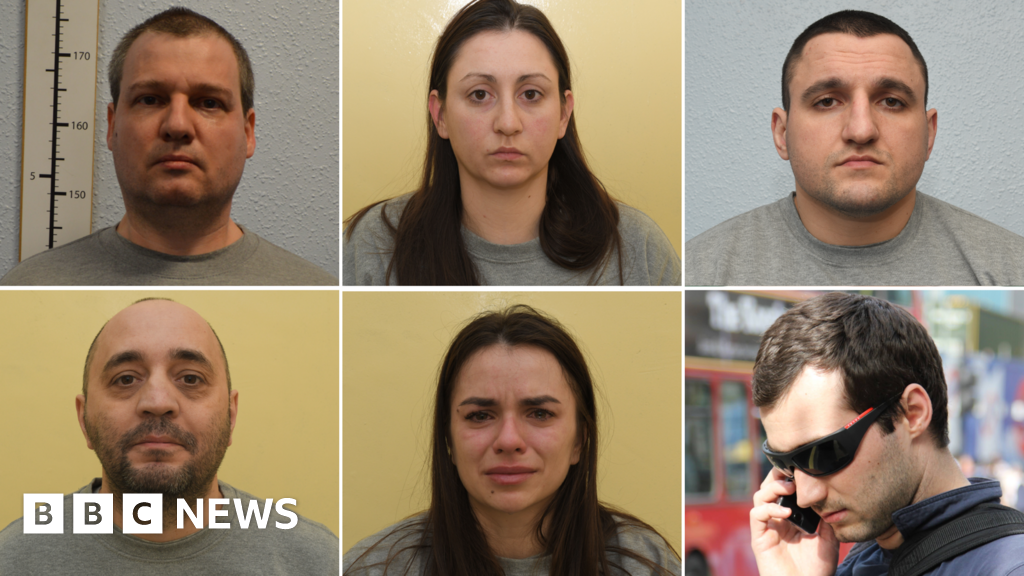Becky Wearn
Senior UK producer

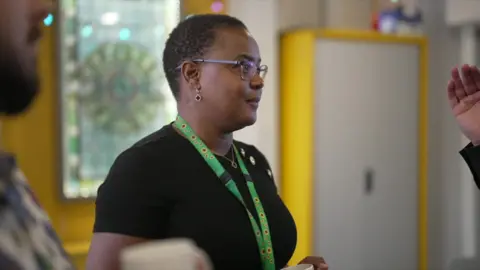 BBC
BBC
Violet Gutu's social care hub uses 99% foreign workers - without them, the vulnerable would struggle, she says
It's fair to say Oldham is no stranger to immigration.
It has transformed the town, a place that has witnessed a faster than average population rise between the last two Censuses (2011 – 2021) and where almost one in five residents (17.8%) were born outside the UK.
So what do the prime minister's words mean here, when he warned that without changes to cut migration, the UK was at risk of becoming an "island of strangers"?
Yorkshire Street runs straight through the town centre, and it's here where we met John and John.
Between them they've been repairing roads in Oldham for more than 50 years.

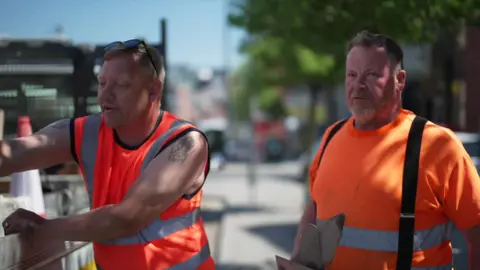
John and John both say Oldham has become "overrun" with too many people
They welcome the government's pledge to reduce migration.
"We're a bit overrun aren't we, with the NHS and everything," the younger John explains.
"You can't get doctors or dentist. And housing for young people, you can't get on the market."
The reason he gives for struggling to access these services is simple: "There's just too many people."
But he recognises the country depends on overseas labour - "the country needs it don't it" - says the older John.
"Where does the country go from here. In another 10, 15 years it's going to be a different place completely isn't it. "
Concerns about the pace of change are not limited to those born and bred in this part of the Pennines.
Hussein was born in Pakistan and moved here forty years ago. He now runs a thriving mobile phone shop at Tommyfield indoor market.
He tells the BBC he is so frustrated with rising immigration he voted for Brexit in 2016 and has since written to Deputy Prime Minister Angela Rayner about his concerns.
"We are already short of jobs," he tells us.
"If we are getting professionals from outside, what are you going to do about the professionals in this country? It means they're going to hurt the working class."

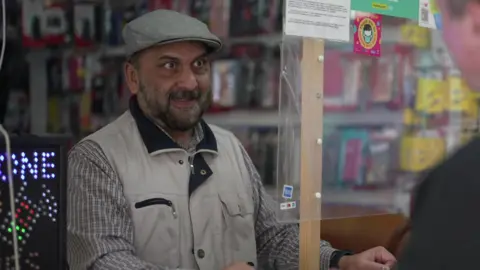
Hussein voted for Brexit and is frustrated by rising immigration
Back on Yorkshire Street, we caught up with Michelle Delaney in the doorway of her charity, Project Pearl.
"This used to be a pub, that used to be a pub, that up there was a pub and it's now a takeaway place," she says, pointing to at least half a dozen chicken shops, plus the same number again of Eastern European mini marts and Middle Eastern-run barbers.
But Michelle is not worried about the post-Covid change on her high street. Her big concern is who will staff care homes and hospitals.
"What will we do if we haven't got the nurses, and the doctors, the carers and all the others to do the jobs that they do, like they did with my Mum and my husband when they were ill," she tells us.
"How will we manage?"

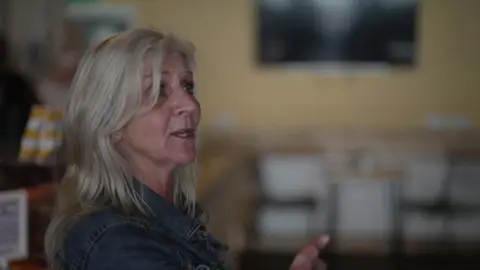
Michelle is concerned there won't be enough staff in the NHS
And it's that question causing deep concern at Pennine Social Care on Union Street. Directors Violet Gutu and Elliot Sparks simply do not know how they will cope.
Violet explains that 99% of her work depends on "foreign workers."
"We have tried local recruitment but we've failed in many cases," she says.
From their brightly painted offices, this care provision agency and charity works in multiple areas to support those with disabilities and mental health crises – from providing support workers or carers, to throwing the doors open for training and creative activities.
Without their care, Elliot and Violet both say these vulnerable children and adults would be left to struggle almost completely alone.
"The effects could be quite catastrophic."
"The rules change but the responsibilities don't," Elliot explained.
"We rely on good staff, with good hearts, who've given up their lives, their families to come here and take care of our vulnerable people."
Violet, who came to the UK herself from Zimbabwe over twenty years ago, became emotional when explaining how proud she is of her staff.
"So long as you're an immigrant there's no appreciation for you whatsoever. There's always backlash."
The challenge for the government is to address deep public concerns on immigration in the UK, without threatening public services.

 6 hours ago
8
6 hours ago
8
